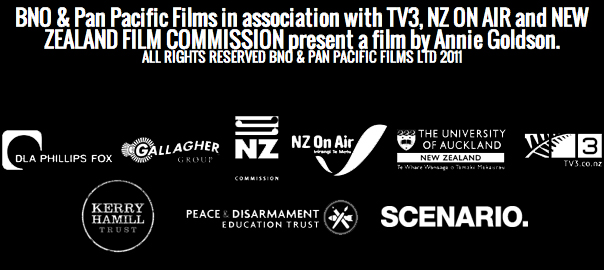Returning to Cambodia
We are finally going back to Cambodia to film the sentencing of Comrade Duch. Out of the five being tried, Duch is the only one who, at least for a while, acknowledged his guilt. He converted from Buddhism to Christianity after the fall of the regime and in fact was working for an American Christian aid organization on the border with Thailand. His new religion allows him to ask for forgiveness, so many Cambodians are understandably sceptical about his new faith, given that at least 14,000 were brutally tortured and murdered at Tuol Sleng under his rule. He has nonetheless provided some crucial information that presumably will be used during the next trial – that of three "Brothers" (and one wife) who were part of Pol Pot's powerful inner circle and who allegedly devised the policies that led to the deaths of up to 2 million Cambodians. They are assuming no responsibility.
In the meantime, Tim and I have been editing so that on our return to Cambodia, we can be more focused on the content we require. Our drives are already groaning with over 7 terrabytes filled.
Currently we are discussing the tension between pursuing Rob's emotional journey and the story of the Cambodians. There are a plethora of issues that arise – should one Westerner get such attention when so many millions of Cambodians suffered? Why should he not? He and his family suffered hugely and Rob thinks of the loss of his brother most days. But the Cambodian story is such a painful one, almost unimaginable. Does Rob's story help engage a Western audience and make them more likely to understand one of the worst genocides of the 20th century? It is commonplace to hear visitors to Cambodia end up saying "every Cambodian has a story" – which is very true, and one strategy we will try to follow is to explore the stories of the characters that Rob naturally meets.
The other tension is trying to get a balance between the personal story and the historical context. The roots of the genocide in Cambodia are complicated, involving of course the conflagration that was the Vietnam war – how much do audiences want to know? History seems important – otherwise, it is easy to see the Cambodian problem as something "over there", nothing to do with the West, but of course looking at the illegal bombing of Cambodia, the support of the brutal Lon Nol one can start to understand how a regime like the Khmer Rouge can arise. But can we tell the history accurately without becoming dry and too detailed? Always a challenge.


Comments
Leave a comment